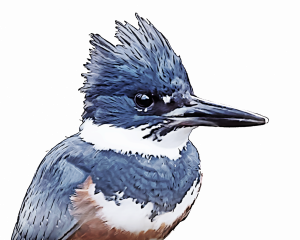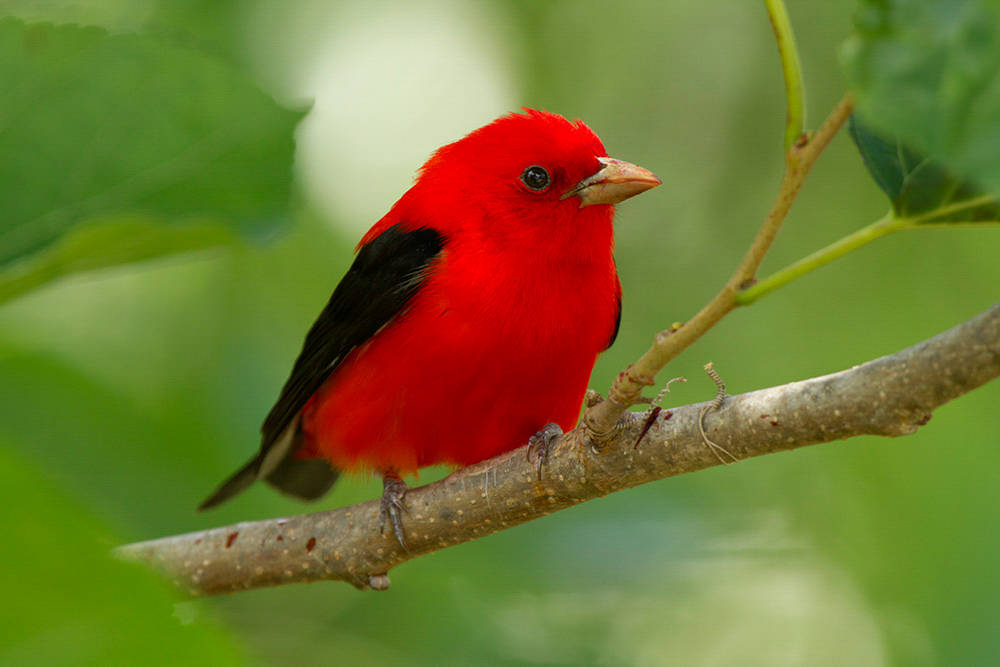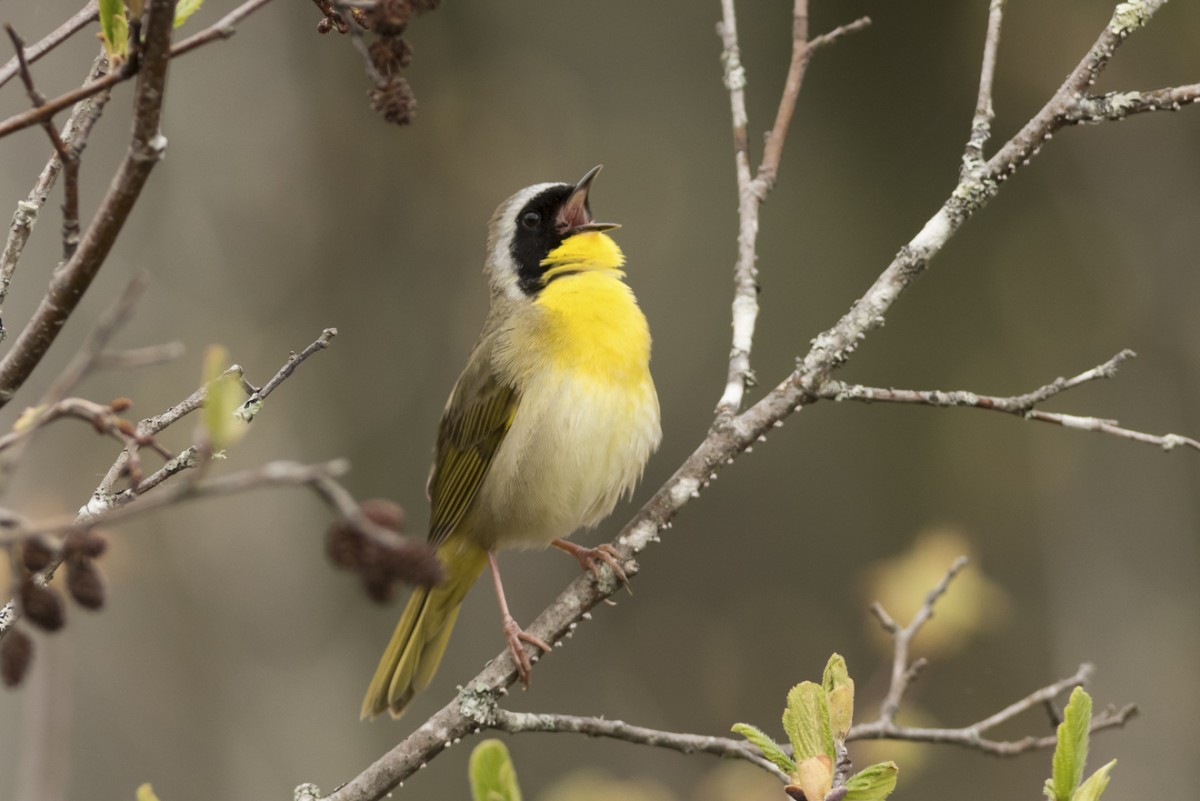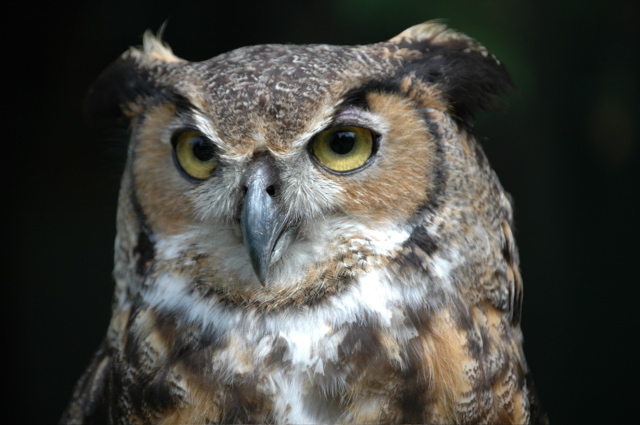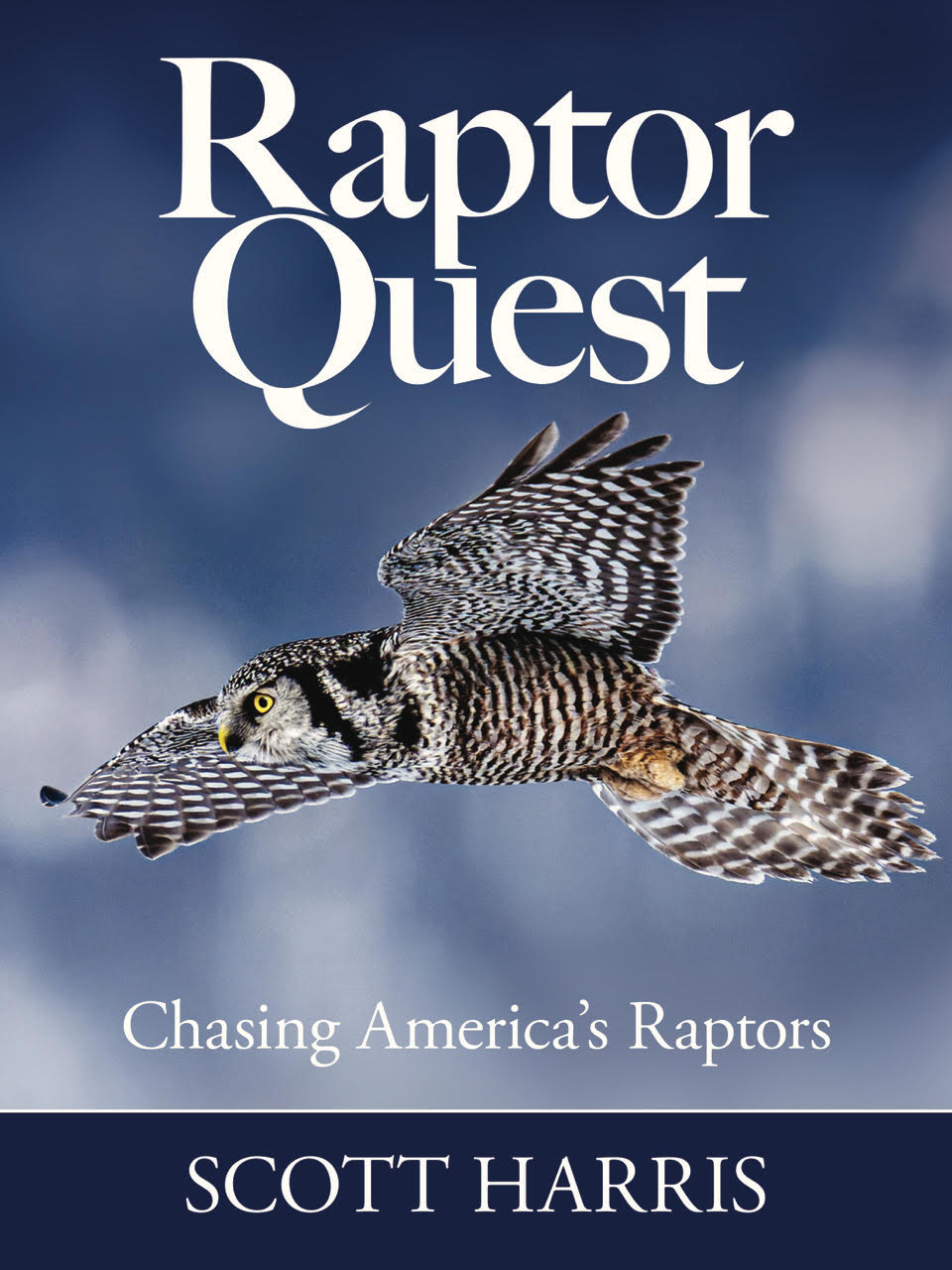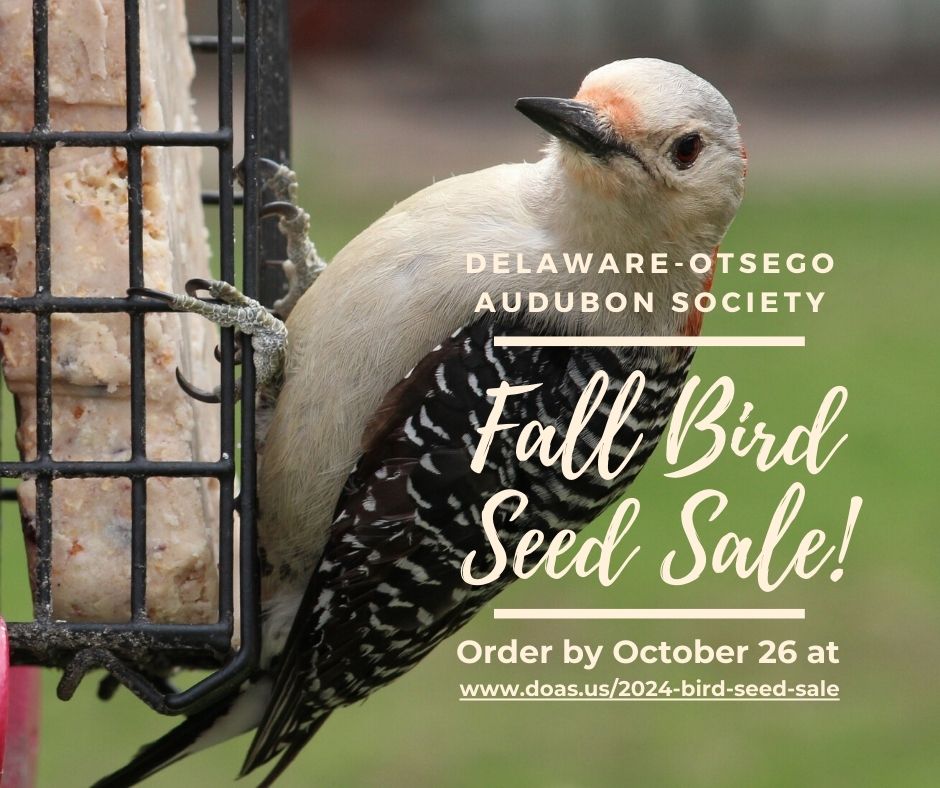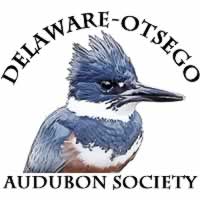Audubon’s Top Messages
- The Administration is attempting to implement a regulation that would reverse decades of precedent for bird protection in this country and gut one of America’s oldest conversation laws, the Migratory Bird Treaty Act of 1918.
- This policy is exactly the wrong thing to do when science tells us that we’ve lost 3 billion birds in the past 50 years.
- This Administration’s actions reverse decades of bipartisan practice and policy under the Migratory Bird Treaty Act and undermines our international treaty obligations.
- The draft rule being proposed and the Administration’s previous actions are nothing but a mean-spirited attack on a century-old, successful bird conservation law that defines America’s conservation heritage.
- The Migratory Bird Treaty Act is a common-sense law that requires companies to do things like cover oil waste pits, which birds mistake for bodies of water, and implement best practices for power lines to reduce bird electrocutions and collisions, among other practices.
- The Migratory Bird Treaty act protects birds like the Sandhill Crane, Red-Tailed Hawk, and more than 1,000 other species.
- This new attack by the Administration makes it even more important that Congress pass the Migratory Bird Protection Act.
Further Background:
This draft rule is meant to make a legal opinion the Administration reached in December of 2017 permanent. This opinion reversed the position of previous Republican and Democratic Administrations and for the first time exempts all incidental take from enforcement. For example, if the administration’s interpretation of the law were in place in 2010, BP would have faced no consequences under the MBTA for the more than one million birds killed in the Deepwater Horizon oil spill.
This reversal has generated widespread concern from former senior DOI officials from Republican and Democratic administrations as well as three Flyway Councils, multiple states, and hundreds of organizations. A number of conservation groups as well as Attorneys General from eight states have challenged the Administration’s legal opinion on the MBTA.
Audubon is one of more than 500 conservation groups and other organizations from all 50 states that have joined to urge Congress to defend country’s most important bird conservation law in the United States.
Migratory birds are in trouble. Two recent reports raise serious concerns about the health of our country’s bird populations. A study in Science found that North America has lost nearly 3 billion birds since 1970, or more than 1 in 4 birds. Looking forward, a National Audubon Society report found that two-thirds of our birds are threatened by climate change.
Facts and figures on industrial causes of bird mortality in the United States:
Power lines: Up to 64 million birds per year (Source: http://journals.plos.org/plosone/article?id=10.1371/journal.pone.0101565)
Communication towers: Up to 7 million birds per year (Source: http://journals.plos.org/plosone/article?id=10.1371/journal.pone.0034025)
Oil waste pits: 500,000 to 1 million birds per year (Source: http://www.ncbi.nlm.nih.gov/pubmed/16988870)
Oil spills: The 2010 Deepwater Horizon oil spill is estimated to have killed more than 1 million birds (http://www.audubon.org/news/more-one-million-birds-died-during-deepwater-horizon-disaster)
History of the MBTA
The MBTA has been a vital tool for bird conservation. For a century, the Migratory Bird Treaty Act (MBTA) has helped underpin the nation’s bird conservation efforts. Every Republican and Democratic administration since the 1970s has applied the law to avoidable industrial hazards, which has saved countless numbers of birds.
The penalties under the bird protection law are critical incentives for companies to take common sense precautions to help reduce bird kills, such as covering oil pits with nets and marking transmission lines so they are more visible to migrating birds. The penalties create just enough of an incentive that companies have to think twice about where and how they work.
They’re not onerous; they’ve proven to be a helpful incentive to remind companies to do the right thing for wildlife.
A number of good actors— including a coalition of power and utility companies —have come together to identify best practices for preventing bird deaths. That has led to the increased use of bird-safe, cost-effective technologies.
Wind projects in the west are using video technology to scan the sky and identify eagles as they approach a wind turbine. If the eagle flies too close, the system temporarily shuts off only the turbines in the collision path. And for communications towers, low-tech solutions already in use can be as simple as changing lights on communications towers from steady red lights to flashing lights.
Congressional Action
- The Migratory Bird Protection Act affirms decades of bipartisan practice and policy under the Migratory Bird Treaty Act and upholds our international treaty obligations. It also minimizes industrial hazards by incentivizing best management practices.
- Under the legislation, the Fish and Wildlife Service (FWS) would develop a permit for “incidental take” (bird deaths caused by industrial hazards) through a general permit focused on sectors that have historically worked with FWS to minimize bird deaths under the MBTA. Permittees would implement best management practices and document compliance, which will incentivize the development and use of practices to protect birds.
- The legislation would establish a new fee paid by industry that will increase funding for the conservation of birds impacted by these industrial hazards. This funding will be direction to the North American Wetlands Conservation Act (NAWCA), Neotropical Migratory Bird Conservation Act, or another new fund. An additional fund will establish a new federal research program to study industry impacts on birds and develop and evaluate best management practices.
